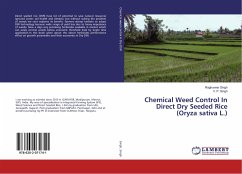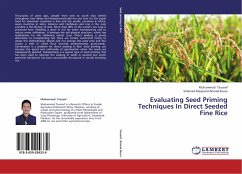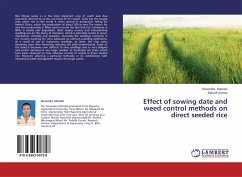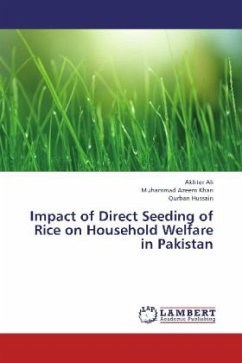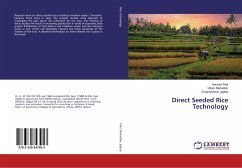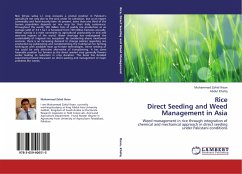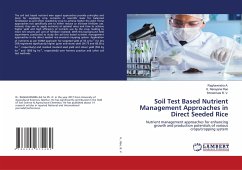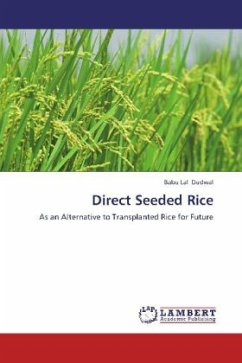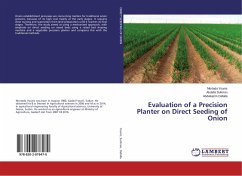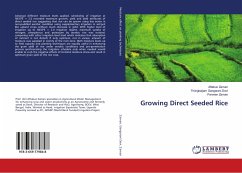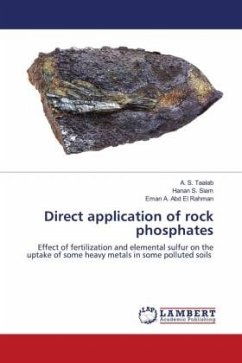
Direct application of rock phosphates
Effect of fertilization and elemental sulfur on the uptake of some heavy metals in some polluted soils
Versandkostenfrei!
Versandfertig in 6-10 Tagen
29,99 €
inkl. MwSt.

PAYBACK Punkte
15 °P sammeln!
Rock phosphate is one of the low-cost sources of phosphorus, but it is not preferred to add it directly to the soil due to its low solubility because of its very poor water solubility (0.1%). From the previous studies on rock phosphate, it was found that the availability of the phosphorus can be increased in several ways, among these ways partial acidification or the addition of biological fertilizers to rock phosphate, which leads to improvement and increased efficiency.Partial acidification through organic acids has the potential to increase the release of phosphorus from rock phosphates, es...
Rock phosphate is one of the low-cost sources of phosphorus, but it is not preferred to add it directly to the soil due to its low solubility because of its very poor water solubility (0.1%). From the previous studies on rock phosphate, it was found that the availability of the phosphorus can be increased in several ways, among these ways partial acidification or the addition of biological fertilizers to rock phosphate, which leads to improvement and increased efficiency.Partial acidification through organic acids has the potential to increase the release of phosphorus from rock phosphates, especially oxalic acid due to the acidic effect and chelating interactions with the metal associated with phosphorus, which results in the available form of phosphorus and other nutrients for plant nutrients uptake.Combination with oxalic acid plus ammonium thiosulfate and mixing them with rock phosphate has an effective effect on increasing the yield parameters of crops. The use of oxalic acid and ammonium thiosulfate represents many unique features such as ease of addition and increase in crop yield, which compensates or even exceeds the increase in costs.



